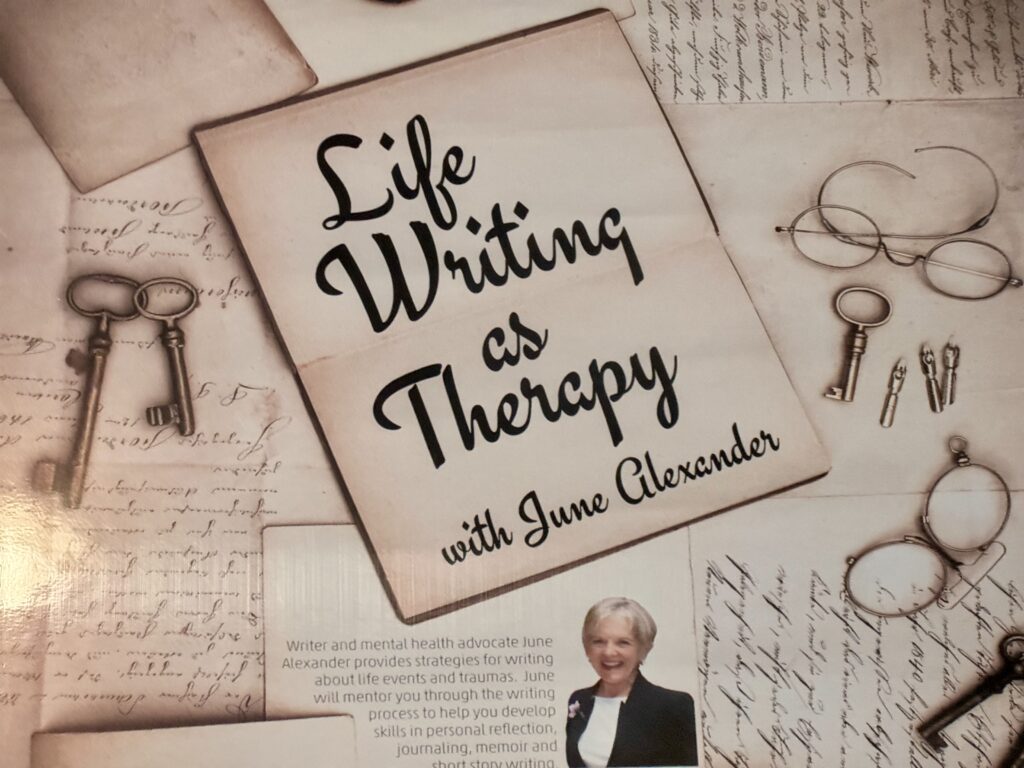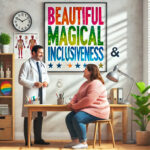Take a self-discovery tour – write your story
The process of memoir-writing can help you be more fully 'You'

Take a self-discovery tour – write your story
So, you want to write your memoir? A memoir is a story about part of your life. What part do you most want to write about? Why?
My memoir, A Girl Called Tim, is about my life with an eating disorder from age 11 to age 55. As I entered adulthood, I became known as “the problem” in my family. I wanted to record my truth. I wanted to show my children and future descendants that anorexia nervosa, not me, was the problem in our family.
I wanted to write my story to a) document how anorexia nervosa shaped and influenced my life b) share the journey to reconnect with my healthy self and c) reveal the real me.
What has been the main thread or influence in your life? What aspects of this thread do you want to explore and document?
Memoir writing, besides recording our experiences, can be a great self-healer. The process entails letting our inside story out; it is an opportunity for self-discovery, recovery, and self-validation.
As a life-writing mentor, I explain that life-writing can be a three-stage process, depending on our goal.
- Stage One involves writing the first version of your story for yourself. This is the time to put everything on the table. Don’t hold back. Maybe there are repressed experiences that have shaped and influenced your life. Perhaps dark secrets have been hiding deep within for years. Release them onto the page now. For you to reap the greatest benefit in self-growth, the mapping of your story requires complete honesty with yourself.
- Stage Two involves reshaping parts of the first version to create a second version that you will feel happy to share with close others – that is, family members (including future descendants), health professionals, colleagues, friends, and specific interest groups.
- Stage Three is relevant if you want your story to be published for the public at large. That is, for “unknown readers”. You may be unfamiliar to readers, so the second version’s context may need to be reframed and remapped to enable readers to connect with and travel with you. For example, readers may not have heard of the town or suburb where you grew up, or the schools you attended, or be familiar with your cultural or religious beliefs and values.
The process of becoming more “You”
The writing and redrafting of each of these three versions is significant. Each version provides a fresh opportunity for more self-learning and self-healing. Epiphanies may occur, especially when you discuss your story with understanding others in a supportive and non-judgmental environment.
After keeping my “inside” story about an eating disorder and childhood trauma a secret (due to shame and stigma) for 44 years, and then “coming out” and releasing my inner story publicly in my memoir at age 55, I experienced a surge in self-belief. The ensuing years have been like “a magic carpet ride” in self-discovery and becoming “more me”. My outside and inside stories have blended to become one.
The process of writing my memoir has helped me to become more fully Me. Likewise, writing your memoir can help you become more fully You.
Diaries provide a repository of lived experience
As I “came out” and began to share my story publicly, the diaries “came out”, too. For instance, besides providing the main data source for my memoir, A Girl Called Tim (2011), the diaries became a repository of documented “lived experience”, assisting the dissemination of science-based knowledge and evidence-based treatments in books for health professionals and mainstream readers.
In another outcome, the creation of Life Stories Diary as a companion to the memoir led to people with experience of an eating disorder writing to me. They had connected with my story in a way that gave them permission to share their stories until now revealed only, if at all, in their diary. Many adult readers wrote at length, explaining they had felt isolated and had kept their eating disorders a secret for decades, but upon reading and identifying with my story, they felt able to share and externalise their thoughts and experiences for the first time.
Writing our story can help us and others
Reflecting on these reader responses sparked unexpected realization and recognition that perhaps my friend the diary had been destructive as well as constructive throughout my long illness. This revelation in turn became the catalyst for my Ph.D. research project, investigating how diary entries might be used in writing not only a memoir but a book exploring how the process of diary-writing can be a tool for self-healing and renewal.
In January 2014, at the age of 63, I set out on a literary journey with more than 70 people I had “met” on the Internet. These people had responded from countries around the world to an invitation I posted in a blog, asking if diarists with experience of an eating disorder would like to participate in a book. I was amazed at the enthusiastic response. I had met none of the diarists face-to-face and was unaware of their ages or countries of origin. However, due to the universal “language” of eating disorders, and our respective use of the diary as a coping tool of sorts, we shared an immediate bond and rapport. Over the ensuing 30 months, my work with these diarists formed the basis for writing a book (my creative work) and an exegesis that explores the process and challenges associated with writing a non-fictional book about diary writing as a therapeutic tool.
Self-exploration and creation is ongoing
This narrative engagement led to more epiphanies, self-growth, self-healing and self-discovery. This exciting process of self-exploration and creation is ongoing.
Would you like a mentor to assist in writing your memoir?
I am here to help.
- If you would like to write your memoir at your own pace, on a low budget, this package is ideal: https://lifestoriesdiary.com/writing-mentoring/self-paced-life-stories-mentoring/
- If you would like extra guidance and support, go to https://lifestoriesdiary.com/writing-mentoring/writing-your-story/
NOTES
- My PhD’s creative work is a book published by Routledge (London), describing the process of using personal diary excerpts to assist people with eating disorders: Using writing as a therapy for eating disorders: The Diary Healer
Thesis details: Alexander, June (2017): Using writing as a therapy for eating disorders: The Diary Healer and the process of using personal diary excerpts to assist people with eating disorders. CQUniversity. https://hdl.handle.net/10018/1211443 or go to:





